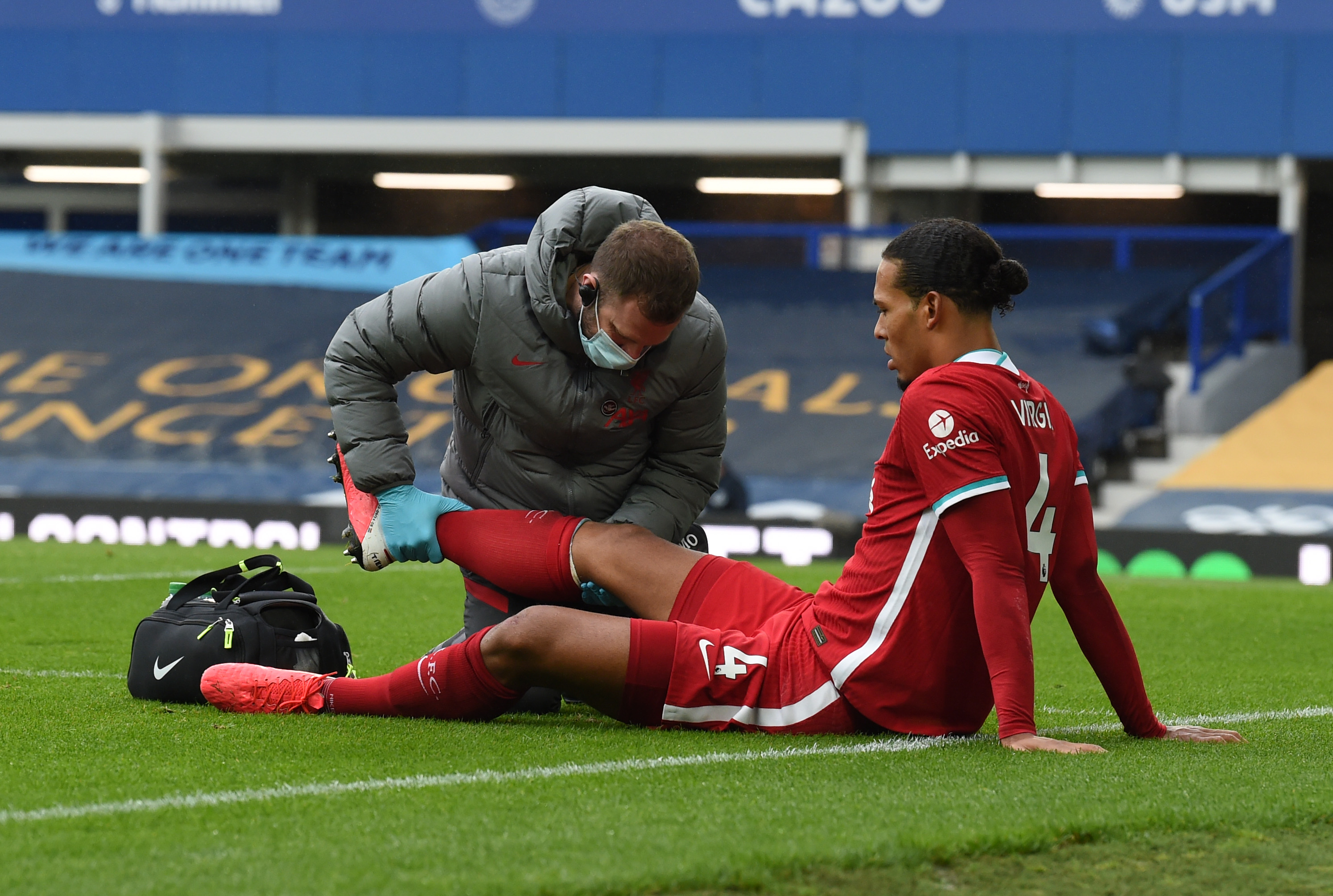The 10 best managers in the Football League
It's FFT's week of praising the best managers, and here's Mike Holden with the (English) Football League's finest
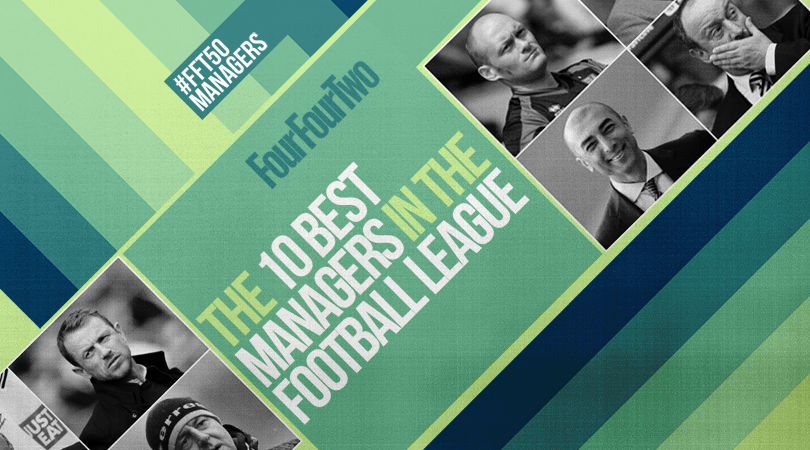
1. Rafael Benitez (Newcastle United)
Not since Brian Clough has the second tier witnessed a manager of this calibre. To some, installing the Spaniard as our No.1 before his first match at this level might be a tad presumptuous, but his track record in the 2000s with Valencia and Liverpool puts him head and shoulders above the likes of Kevin Keegan, Harry Redknapp and Steve Coppell – names that would dominate any Championship managerial hall of fame.
Rafa’s stock has steadily declined since departing Anfield in 2010 but stints with Inter, Chelsea, Napoli and Real Madrid stand him in good stead for the intensity of life at St James’ Park. The 56-year-old just wants to manage a big club in the old-fashioned way, and his willingness to accept this particular challenge shows immense belief in his own ability to create a legacy.

2. Nigel Pearson (Derby County)
Whether he intended to take a year-long sabbatical or not, it was shrewd of Pearson to hang back and let Leicester’s title charge play out before deciding on his next move. Now he returns with his stock higher than ever, as the world reflects on the incredible achievements of a team built in his image.
The recruitment might not have been Pearson’s doing but he takes most of the credit for the inner steel that so impressed Claudio Ranieri on his arrival, instilled when the Foxes romped to the Championship title in 2014. Pearson might not be the most charismatic or media-friendly manager on the block but he has swiftly laid down solid foundations and got teams into promotion contention wherever he’s been.
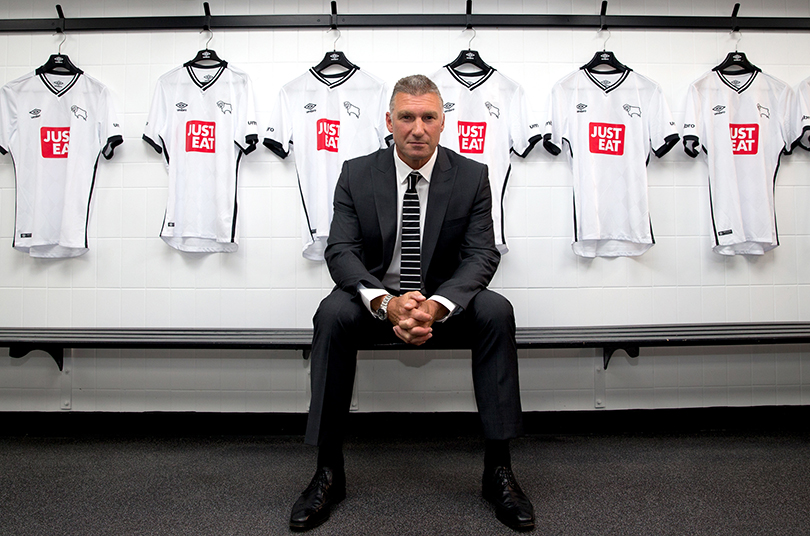
3. Chris Hughton (Brighton)
Get FourFourTwo Newsletter
The best features, fun and footballing quizzes, straight to your inbox every week.
Brighton were helpless to prevent fate derailing their promotion push last season, a debatable red card for Dale Stephens on the final day at Middlesbrough compounded by a bizarre glut of injuries in the play-off semi-final against Sheffield Wednesday. But it was nonetheless a reaffirming season for Hughton, a solid nine months between August and April burying the memory of a questionable period at Norwich.
Prior to that, his ability to brush aside potential crises with his impressive talent for logistics at Newcastle (with whom he won the title in 2010) and Birmingham (reaching the play-offs two years later) left few observers in any doubt that Hughton has a bright future on the managerial circuit for many years to come.
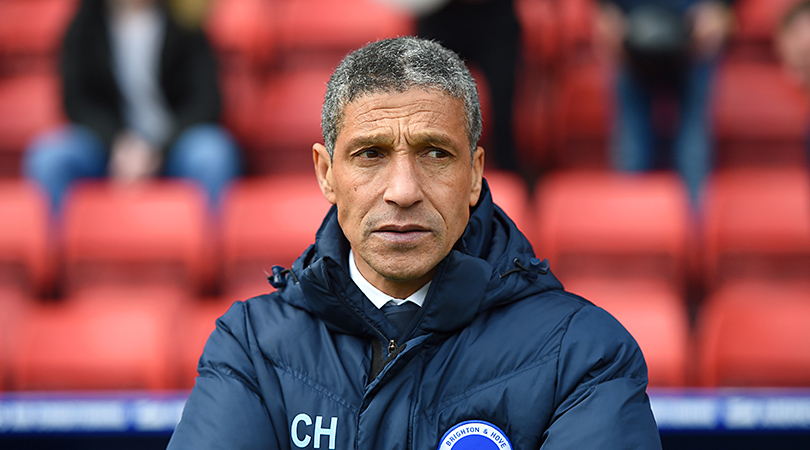
4. Gary Rowett (Birmingham)

Rowett has yet to turn his burgeoning reputation into anything tangible but there’s no disguising his ability to squeeze the most out of modest resources and it’s a measure of the respect he commands among opposition supporters that few (outside of Villa Park) might argue with this lofty position.
The former Burton boss gives arguably the most insightful post-match interviews anywhere in the country, which might sound like a strange reason for rating him so highly, but it’s no mean feat sharing such in-depth tactical analysis every week and still finding ways to outfox the next opposition as regularly as he does.

5. Mick McCarthy (Ipswich)
The 2015/16 campaign was a thoroughly miserable one for Mick McCarthy, his attempts to bring a more cavalier brand of football to Portman Road backfiring as he lost his grip on the defensive fundamentals for which his teams are usually renowned. It was a rare miscalculation which evidently had him squirming inside.
And yet a seventh-placed finish represented Ipswich’s second-best season in over a decade. In McCarthy’s last eight full seasons managing at Championship level, he has averaged 78 points, securing two titles and finishing in the play-offs a further three times. That’s the benchmark by which he should be judged; don’t expect the mistakes of last season to be repeated again.
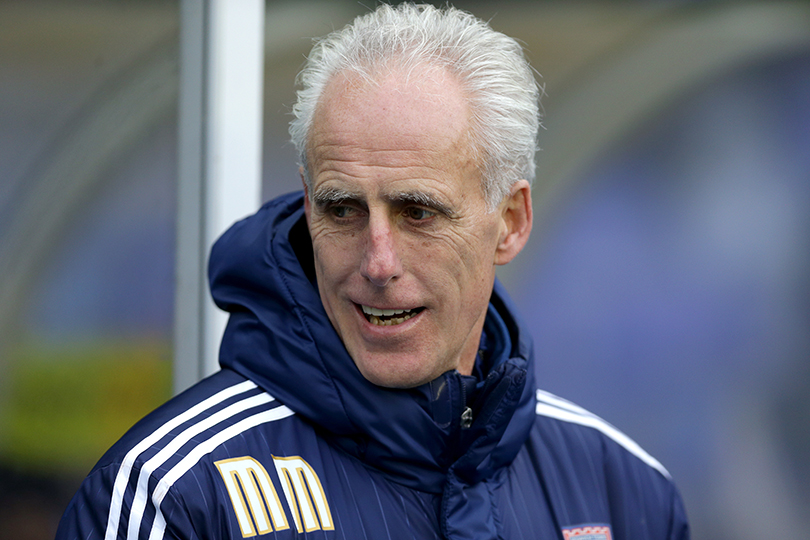
6. Jimmy Floyd Hasselbaink (QPR)
Burton’s second successive promotion might not have been completed by the Dutchman but Nigel Clough made no bones about the fact he inherited a team already instilled in the virtues needed to secure a place in the Championship. For him, it was a steering job rather than a test of his ability to carry out mechanical work.
Hasselbaink’s subsequent efforts at QPR might have passed under the radar but there’s a quiet revolution taking place at Loftus Road. A high-energy pressing game requires stamina, but Rangers reached the 70-minute mark without conceding in 14 out of 27 games under his guidance. Expect the clean sheets to come thick and fast on the back of a full pre-season.
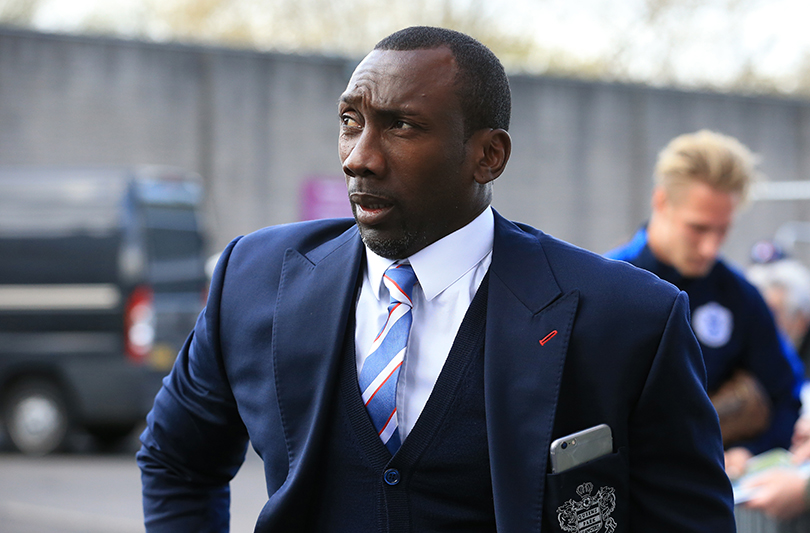
7. Keith Hill (Rochdale)
Success on the pitch is often about creating the right environment off it and Hill has ripped up the rule book at Rochdale, creating a hub for young players who arguably wouldn’t stand a chance elsewhere. A forceful personality isn’t important. Talent and the desire to buy into the ethos of the club are the only significant prerequisites.
The upshot is a team that has just completed successive top-half finishes in League One on the division’s lowest budget, playing expansive football to boot. In six full seasons under Hill, Dale have recorded six of their best seven seasons in the past 42 years. There’s no silverware for such achievements, just fleeting recognition in features such as this – and lasting thanks at Spotland.
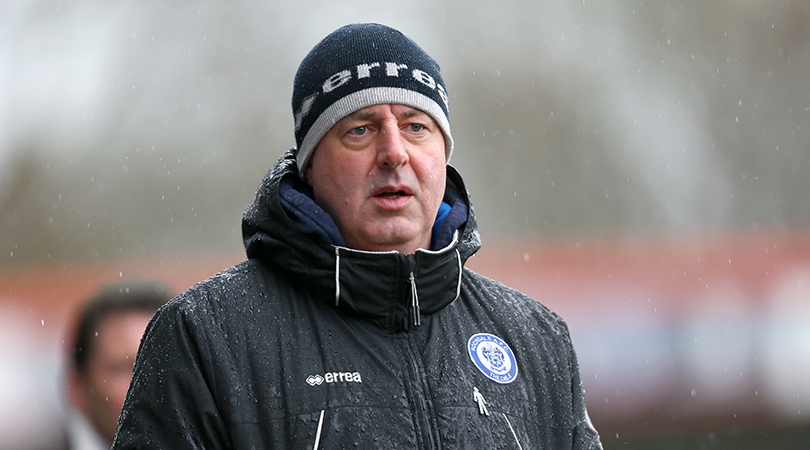
8. Alex Neil (Norwich)
They say first impressions last, and that’s certainly the case with Alex Neil. The former Hamilton boss had only been in charge of Norwich for 25 games when guiding them to promotion at Wembley two seasons ago but his impact was stunning: 17 wins, averaging 2.23 points per game with 65% of the shots in their games (a higher average than most title-winning teams).
The 35-year-old might have failed in his mission to steer the Canaries to safety in his first season at Premier League level but the next 10 months might only serve to make a mockery of his modest position here. Only time will tell if he can replicate his early standards at Carrow Road over the course of a full season.
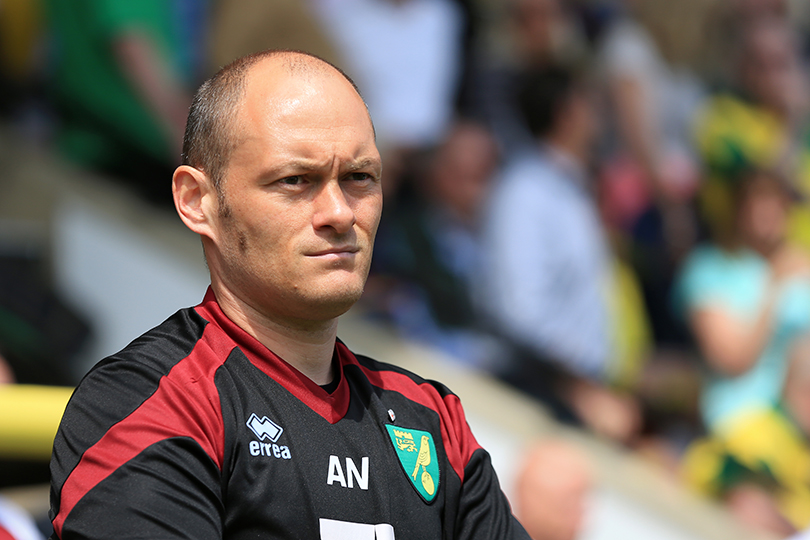
9. Paul Tisdale (Exeter)
Success comes in many forms and, for clubs like Exeter, ambitions on the pitch sometimes have to be traded in for prosperity off it. Enter Tisdale, the master of adaptation. Nobody outside the top two divisions is shrewder when it comes to shifting strategy, whether that’s over 90 minutes or a much broader timescale.
Last season, the dapper 43-year-old swelled the coffers by taking Jurgen Klopp’s Liverpool to a lucrative FA Cup replay at Anfield. The season before, he fattened up the goose that was Matt Grimes, building a team around the talented youngster to net the club a transfer fee totalling almost £2m from Swansea, barely three months after a transfer embargo had been lifted. Needless to say, the Grecians are in decent shape now.
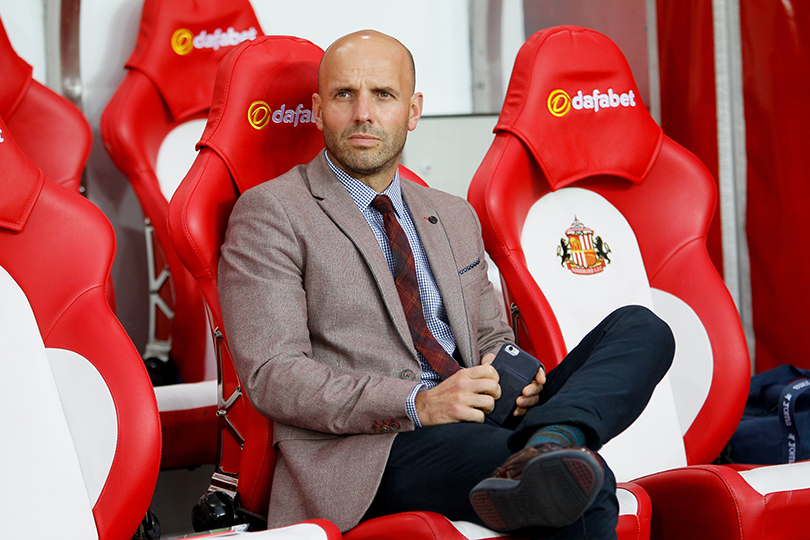
10. Roberto Di Matteo (Aston Villa)
The Championship has never before had a Champions League-winning manager. Now it suddenly has two, although the cynical view is that Di Matteo was little more than a bystander in Chelsea’s 2012 triumph. His greatest managerial talent, they say, is a knack for being in the right place at the right time.
When the Italian replaced Celtic-bound Tony Mowbray at West Brom in June 2009, he inherited a squad fully-equipped for an all-out promotion assault but Di Matteo duly delivered. The situation at Villa now is nothing of the sort. If he fashions a promotion bid out of the mess he inherits, retrospect will surely view his achievements at Stamford Bridge and The Hawthorns more kindly.
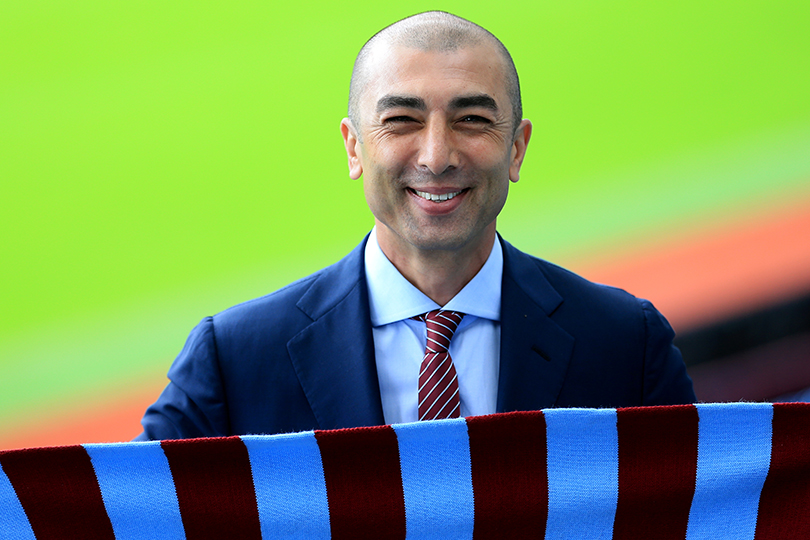
FourFourTwo's 50 Best Football Managers in the World 2016

